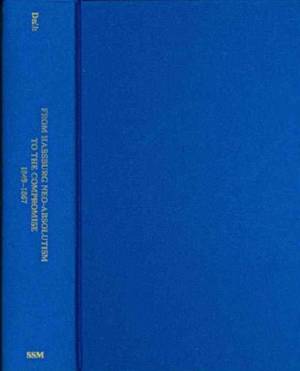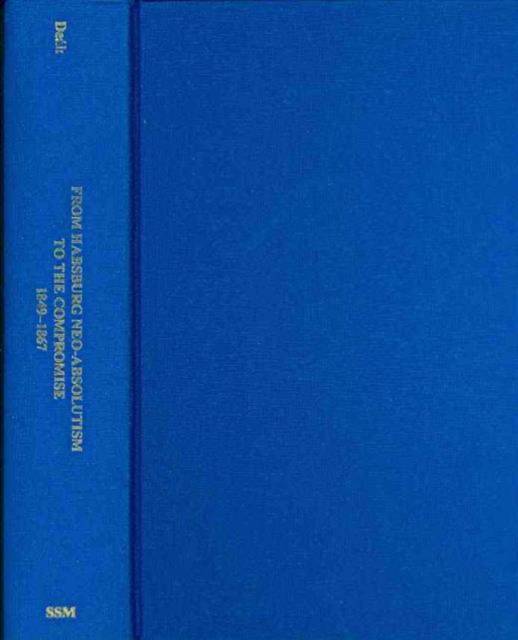
- Afhalen na 1 uur in een winkel met voorraad
- Gratis thuislevering in België vanaf € 30
- Ruim aanbod met 7 miljoen producten
- Afhalen na 1 uur in een winkel met voorraad
- Gratis thuislevering in België vanaf € 30
- Ruim aanbod met 7 miljoen producten
Zoeken
Omschrijving
In 1848, Francis Joseph became Emperor of the Hapsburg Monarchy, and the Russian army helped the Austrians take control of Hungary. The Austrian Council of Ministers ordered the arrest of all political and military officers of the Revolution and dissolved the Hungarian Kingdom. A planned constitution promised extensive rights to national minorities, and the October Diploma of 1860 suggested more convocations of the Imperial Parliament. However, in 1861 Francis Joseph suspended all constitutional organizations, introduced military jurisdiction, and appointed a governor as head of state. After he was crowned King of Hungary, though, Francis Joseph approved the Law of Compromise, and Hungary became independent with regard to public law and internal self-government. The Austro-Hungarian Dual Monarchy was then born.
Specificaties
Betrokkenen
- Auteur(s):
- Uitgeverij:
Inhoud
- Aantal bladzijden:
- 647
- Taal:
- Engels
- Reeks:
- Reeksnummer:
- nr. 131
Eigenschappen
- Productcode (EAN):
- 9780880336352
- Verschijningsdatum:
- 22/05/2009
- Uitvoering:
- Hardcover
- Formaat:
- Genaaid
- Afmetingen:
- 150 mm x 216 mm
- Gewicht:
- 907 g

Alleen bij Standaard Boekhandel
+ 203 punten op je klantenkaart van Standaard Boekhandel
Beoordelingen
We publiceren alleen reviews die voldoen aan de voorwaarden voor reviews. Bekijk onze voorwaarden voor reviews.











